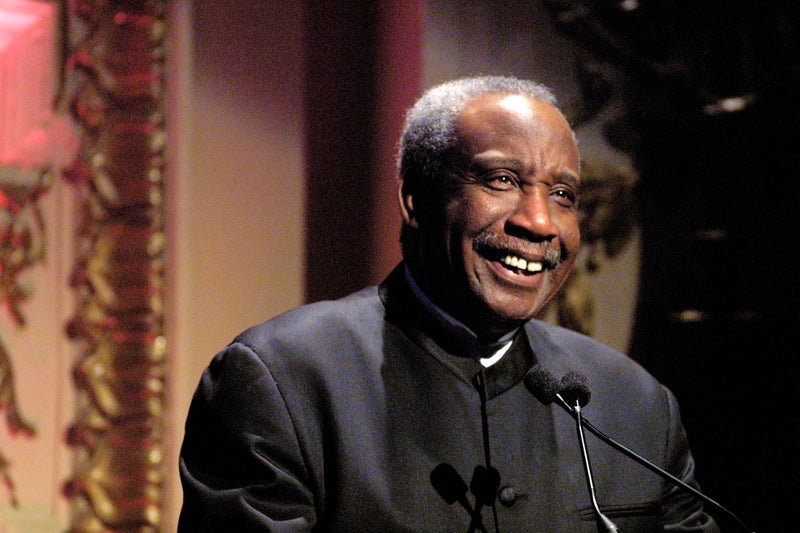East London creatives (ELCs) are easy to spot. They wear carpenter’s trousers and Gore-tex to Columbia Road Flower Market, have weirdly strong opinions about tomato varieties and enjoy fiery debates about which Zone 2 pub serves the best Guinness. They might even have the Yves Klein blue cover of a Fitzcarraldo book poking out of the pocket of their chore jacket, signifying cultural cachet. The publisher, based out of an old warehouse in Deptford, has a knack for championing authors who go on to win Nobel Prizes. It also specialises in foreign language literature that is often described as “challenging”.
When ELCs read Fitzcarraldo’s latest, as they inevitably will, it may feel a little close to home. Perfection is Italian writer and art critic Vincenzo Latronico’s fourth novel, translated here by Sophie Hughes. It follows Anna and Tom, an east Berlin creative couple (though you don’t need to squint very hard for Kreuzberg to stand in for Clapton) who live an aesthetically pleasing but ultimately shallow life.
Their apartment is full of things that would make an ELC go weak at the knees: a double butler’s sink in the kitchen, salvaged school chairs, a thriving fiddle leaf fig tree. By day they work as graphic designers, by night they sip natural wine at art openings before perhaps dipping their toes in at a sex party. A hyper-curated version of their life is diligently documented on Instagram. Yet the veneer of aesthetic idyll conceals a dissatisfaction which comes into increasingly sharp focus. Their eyes get sore from spending all day on their laptops and scrolling social media. Their friendships with fellow digital nomads grow transient as gentrification ramps up and the young creatives who priced out the locals are in turn priced out by tech bros.
While we know every item and object which Anna and Tom own, they themselves are hazily drawn characters. They could be anyone, and that’s the point — theirs is a cookie cutter existence that is playing out in hundreds of foliage-filled living rooms. Adding to this sense that Anna and Tom are emblems rather than characters is the fact that there is no dialogue anywhere in Perfection. Anyone from that milieu will feel they have met Annas and Toms. But without any direct speech the book reads as one long list, and the endless catalogue of the couple’s Danish furniture and Vietnamese steel knives and handmade ceramics becomes exhaustive. It’s like a deadpan collection of captions from Real Housewives of Clapton, the niche meme account which skewers ELCs with similar precision.































